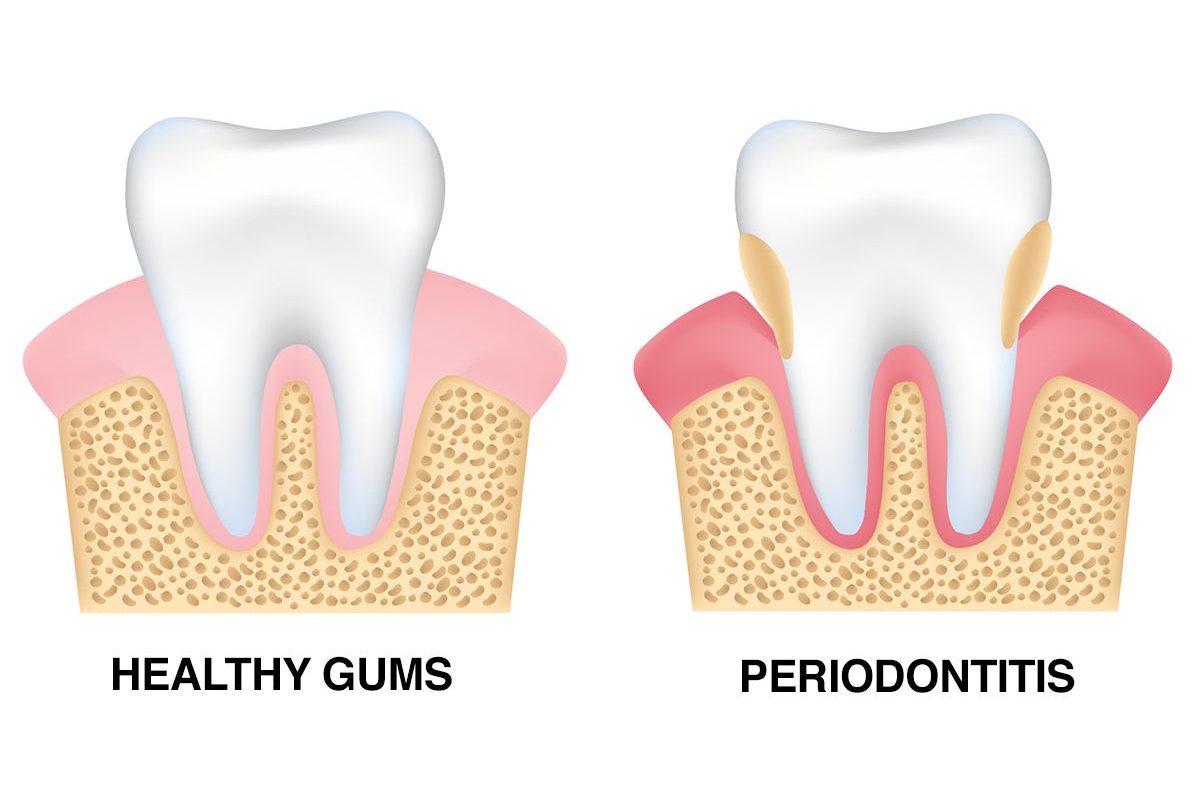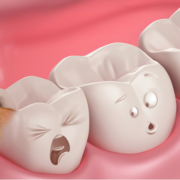The presence of bacteria and plaque on your gums is natural. However, if they remain for a prolonged period, it can lead to inflammation of the gums known as periodontitis. There are two types of periodontitis: acute and chronic. Acute cases resolve themselves after some time, but chronic cases are more serious and require professional management to prevent further infections. Here are some complications that may arise with gum disease!
Signs and symptoms of Periodontitis can include:
Bright red, dusky red or purplish gums.
Gums that feel tender when touched.
Gums that bleed easily.

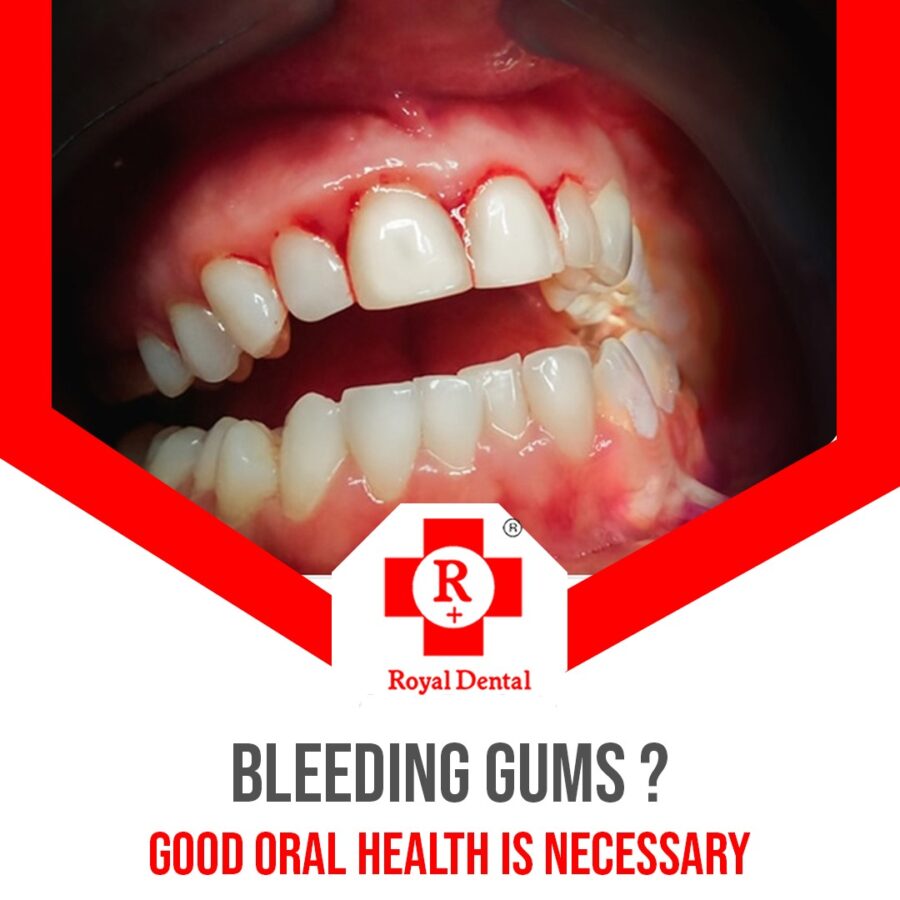
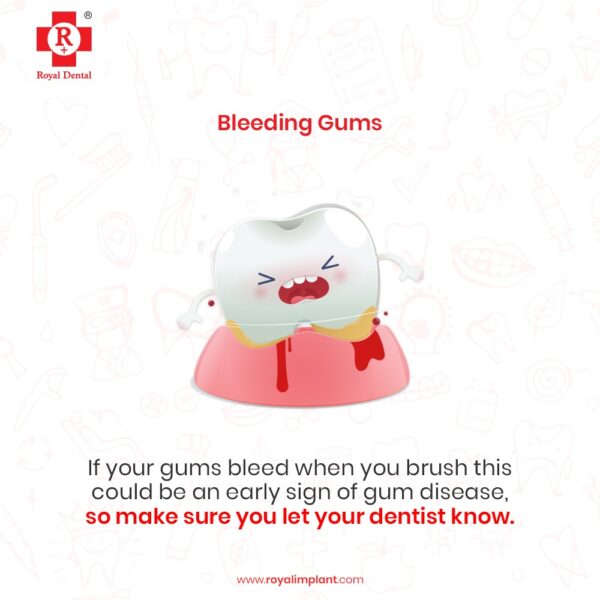
Pink-tinged toothbrush after brushing.
Spitting out blood when brushing or flossing your teeth.
Bad breath.
Pus between your teeth and gums.
Loss of teeth
Gum disease can lead to a breakdown of the bone structure supporting the teeth, which in some cases can be so severe that teeth have to be removed. As the disease progresses, the pockets deepen and more gum tissue and bone are destroyed. When this happens, teeth are no longer anchored in place, they become loose, and tooth loss occurs. Gum disease is the leading cause of tooth loss in adults.

Dry mouth sign in Gum Disease
Gum disease can cause your gums to become so inflamed that the only way to reduce the pain is to reduce blood flow to the gums. Reduced blood flow to the gums can lead to dry mouth, which can have a negative impact on your quality of life.
Swelling of cheeks and lips
If gum disease is not treated, the bone surrounding the teeth can become so weak that it can break. When the bone breaks, it leads to the formation of an infection called an abscess. An abscessed gum can become so inflamed that it swells and fills up the sides of your mouth, leading to the formation of blisters and pustules on your cheeks and lips.
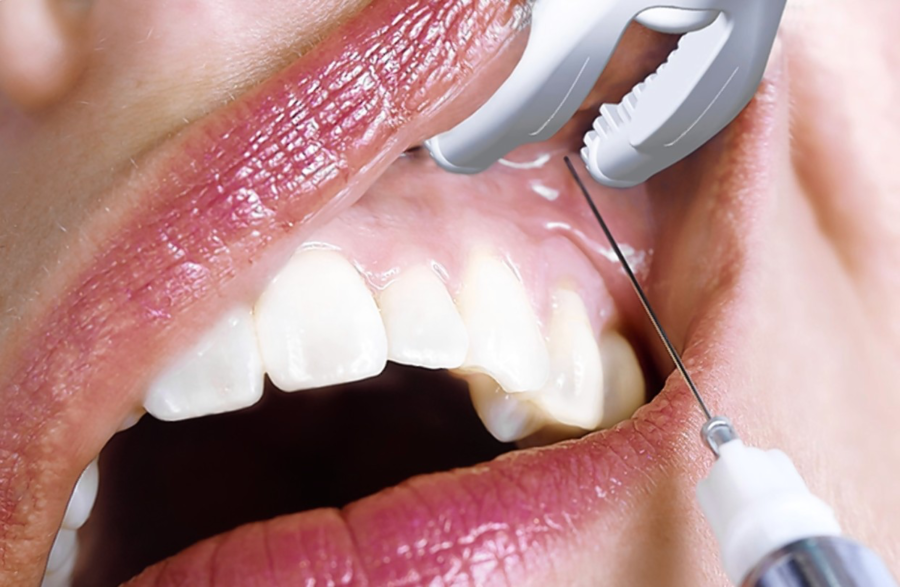
Infection in other parts of the body
Gum disease can cause bacterial infections in the bloodstream and other parts of the body. The bacteria can travel up through the bloodstream to the heart, liver and kidneys, leading to serious complications.
Periodontitis (also called periodontal disease) is gum disease. This infection damages the soft tissue around your teeth and wears away the bone supporting them. If left untreated, the disease eventually ruins the bone, loosening the teeth and causing them to fall out.
Conclusion
Gum disease is a serious condition that, if left untreated, can cause complications such as loss of teeth, dry mouth and swelling of the cheeks and lips. If you notice any of these symptoms, it is important to see a dentist and get a full examination as soon as possible to prevent more serious complications.

